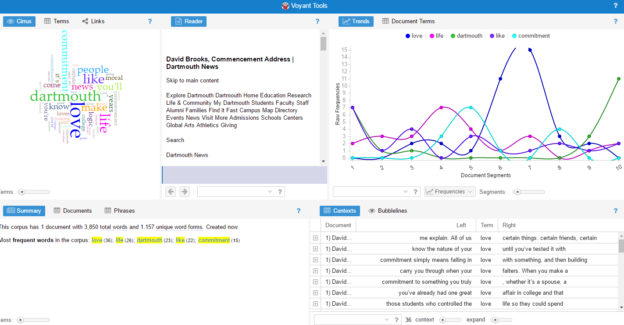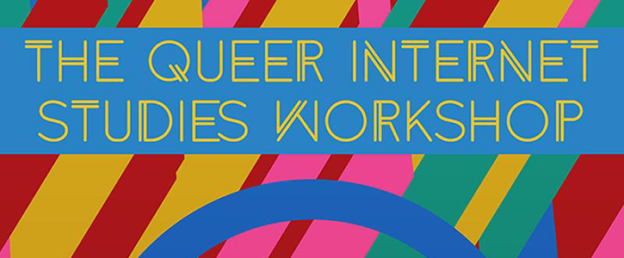-
FI App: Getting Started Tips

In my last post, I announced my FI research project, which aims to build a tool that can benefit both the FI and broader CUNY community. Specifically, the project focuses on building the FI Events Mobile Application. As a quick reminder, the goals of the project are the following: Build an Android Mobile App that displays FI events, which provides greater…
-
Cytoscape and customizing your network
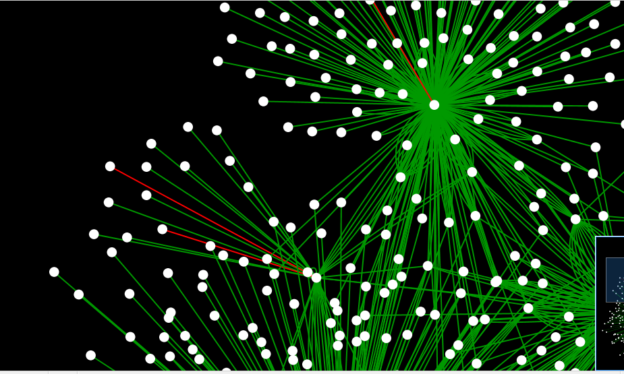
“Cytoscape is an open source and [Java-based] software for integrating biomolecular interaction networks with high-throughput expression data and other molecular states into a unified conceptual framework” (Shannon 2498). It uses graph theory for modeling and rendering to display interactive graphs. This application is very professional with a lot of features and requires good knowledge of Data analysis…
-
Cytoscape & The Counted
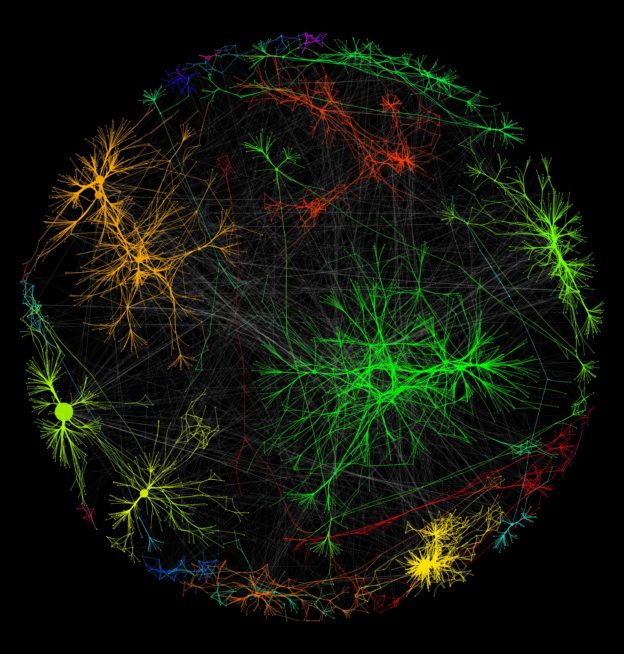
Cytoscape! It is “an open source software platform for visualizing molecular interaction networks and biological pathways and integrating these networks with annotations, gene expression profiles and other state data.” In my case, I used it to visualize data about the race/ethnicity of people killed by law enforcement in 2015. The data comes from The Counted, a platform dedicated to…
-
The Counted Cytoscape network
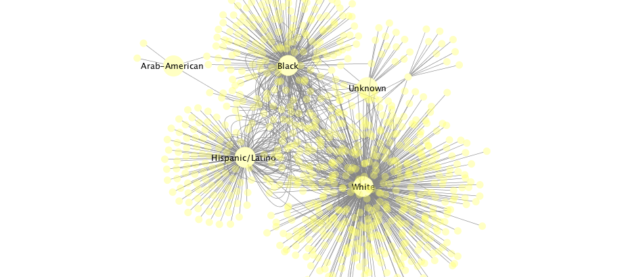
I found this practicum very interesting in how we used a bioinformatics tool that visualizes molecular interactions for a humanities and social justice project. According to Miriam Posners article on Cytoscape, you can visualize any information in the format of subject-verb-object. For example: Katy eats cake. Julia eats cake. Katy eats ice cream. This would give…
-
Wiki-Contributing

For exercise 1 of this practicum, I visited the citation hunt project page and searched for a topic relevant to myself, track and field athletes. I stumbled upon a page that needed multiple citations, a former athlete and American beauty pageant winner Claire Schreiner. The citations I tried to add didn’t end up working, but this…
